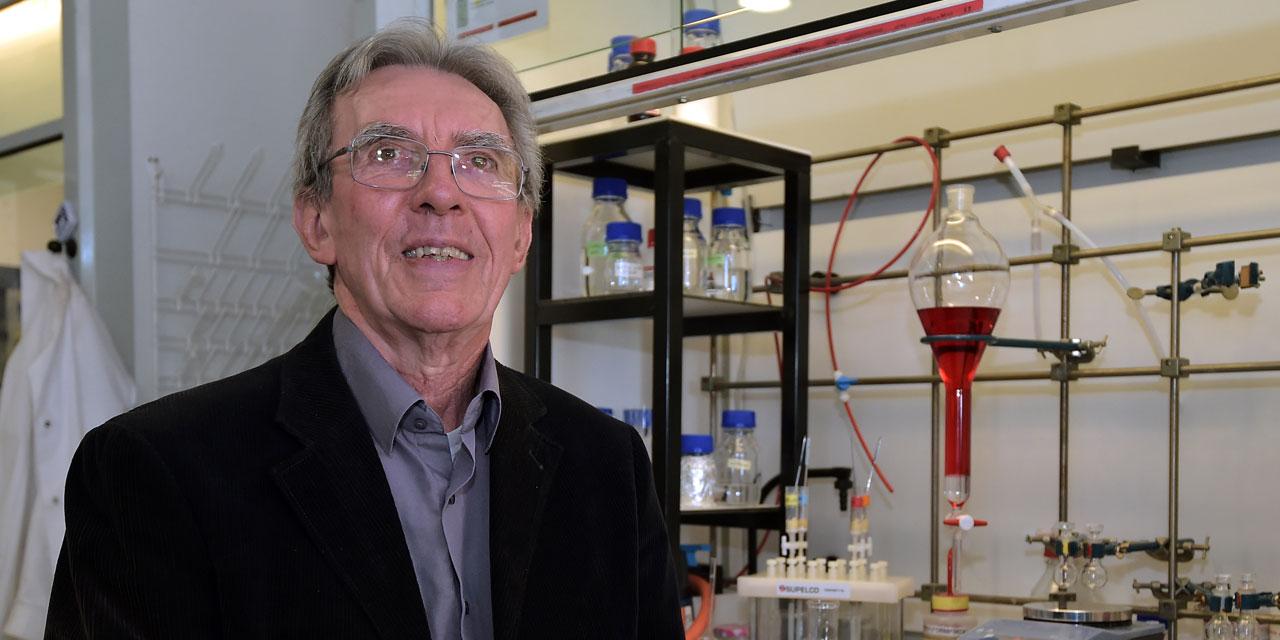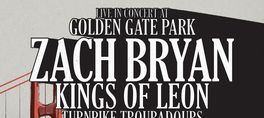Tue December 19, 2017
Café scientifique : Chemistry Nobel prize Jean-Pierre Sauvage
SEE EVENT DETAILS
Jean-Pierre Sauvage, along with Fraser Stoddart and Ben Feringa, has been awarded the chemistry Nobel prize in 2016 "for the design and synthesis of molecular machines". Indeed, in 1983, with his CNRS team, he managed to interweave two molecular rings forming a chain that he named a catenane. 10 years later, they managed to chemically control the rotation of a similar molecule.
Jean-Pierre will be our guest for a "cafe scientifique" at the library of the Ortega campus on december 19th from 6 to 8 pm. This event is targeted to all public (students grade 10 and above). Note that registration is mandatory to attend and that a limited number of seats will be available (70).
He will be talking about molecular motors. In biology, many of these motors play an essential role in a lot of processes : synthesis and hydrolysis of ATP, material transport, striated muscle function... Over the past decade, a number of synthesis laboratories have been developing complex, totally artificial molecular systems that can behave like very primitive machines or motors. A recent example is that of a molecular "muscle" consisting of a rotaxane dimer. Under the action of a chemical signal, the molecule is able to contract or lengthen in a reversible way.
show less
Jean-Pierre will be our guest for a "cafe scientifique" at the library of the Ortega campus on december 19th from 6 to 8 pm. This event is targeted to all public (students grade 10 and above). Note that registration is mandatory to attend and that a limited number of seats will be available (70).
He will be talking about molecular motors. In biology, many of these motors play an essential role in a lot of processes : synthesis and hydrolysis of ATP, material transport, striated muscle function... Over the past decade, a number of synthesis laboratories have been developing complex, totally artificial molecular systems that can behave like very primitive machines or motors. A recent example is that of a molecular "muscle" consisting of a rotaxane dimer. Under the action of a chemical signal, the molecule is able to contract or lengthen in a reversible way.
Jean-Pierre Sauvage, along with Fraser Stoddart and Ben Feringa, has been awarded the chemistry Nobel prize in 2016 "for the design and synthesis of molecular machines". Indeed, in 1983, with his CNRS team, he managed to interweave two molecular rings forming a chain that he named a catenane. 10 years later, they managed to chemically control the rotation of a similar molecule.
Jean-Pierre will be our guest for a "cafe scientifique" at the library of the Ortega campus on december 19th from 6 to 8 pm. This event is targeted to all public (students grade 10 and above). Note that registration is mandatory to attend and that a limited number of seats will be available (70).
He will be talking about molecular motors. In biology, many of these motors play an essential role in a lot of processes : synthesis and hydrolysis of ATP, material transport, striated muscle function... Over the past decade, a number of synthesis laboratories have been developing complex, totally artificial molecular systems that can behave like very primitive machines or motors. A recent example is that of a molecular "muscle" consisting of a rotaxane dimer. Under the action of a chemical signal, the molecule is able to contract or lengthen in a reversible way.
read more
Jean-Pierre will be our guest for a "cafe scientifique" at the library of the Ortega campus on december 19th from 6 to 8 pm. This event is targeted to all public (students grade 10 and above). Note that registration is mandatory to attend and that a limited number of seats will be available (70).
He will be talking about molecular motors. In biology, many of these motors play an essential role in a lot of processes : synthesis and hydrolysis of ATP, material transport, striated muscle function... Over the past decade, a number of synthesis laboratories have been developing complex, totally artificial molecular systems that can behave like very primitive machines or motors. A recent example is that of a molecular "muscle" consisting of a rotaxane dimer. Under the action of a chemical signal, the molecule is able to contract or lengthen in a reversible way.
show less
Date/Times:
1201 Ortega Street, San Francisco, CA 94122
The Best Events
Every Week in Your Inbox
From Our Sponsors
UPCOMING EVENTS
Great suggestion! We'll be in touch.
Event reviewed successfully.








